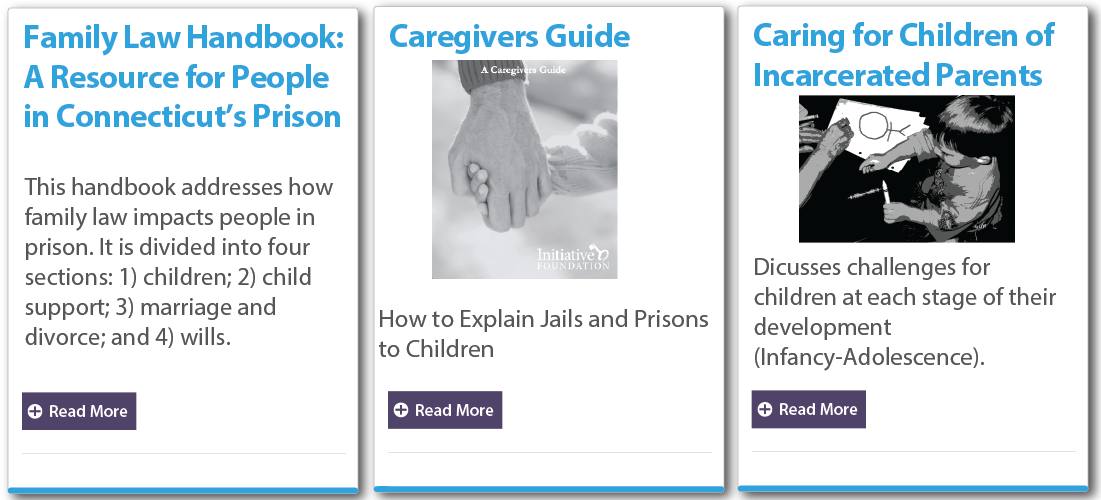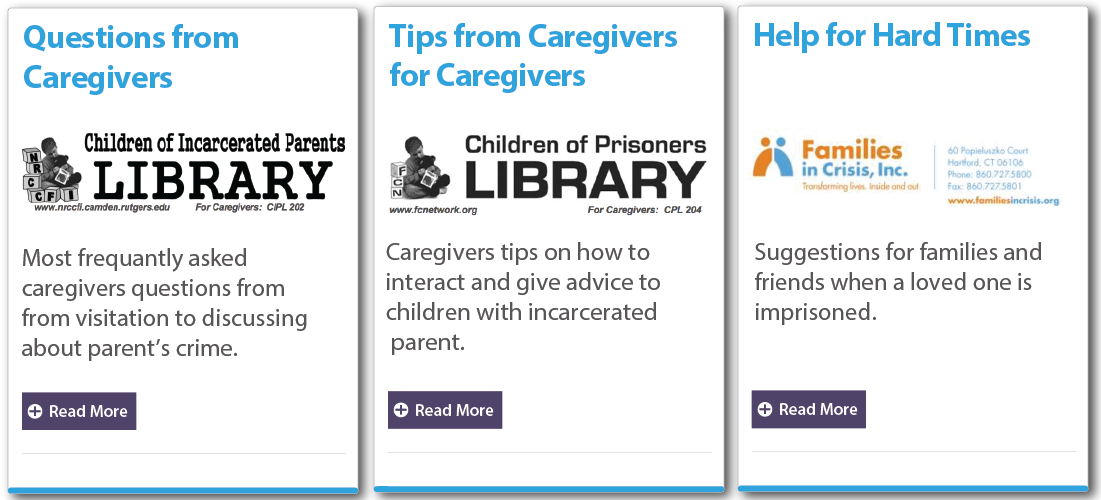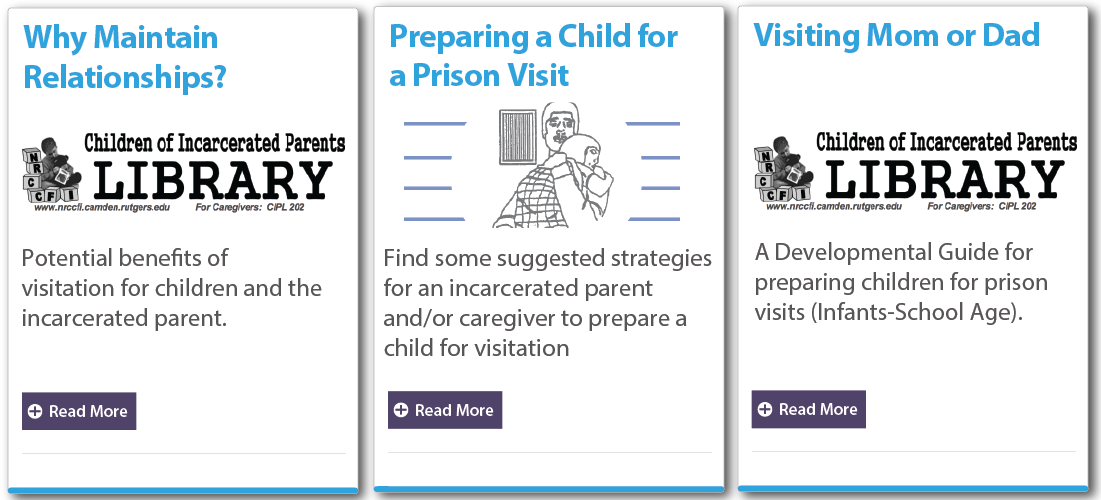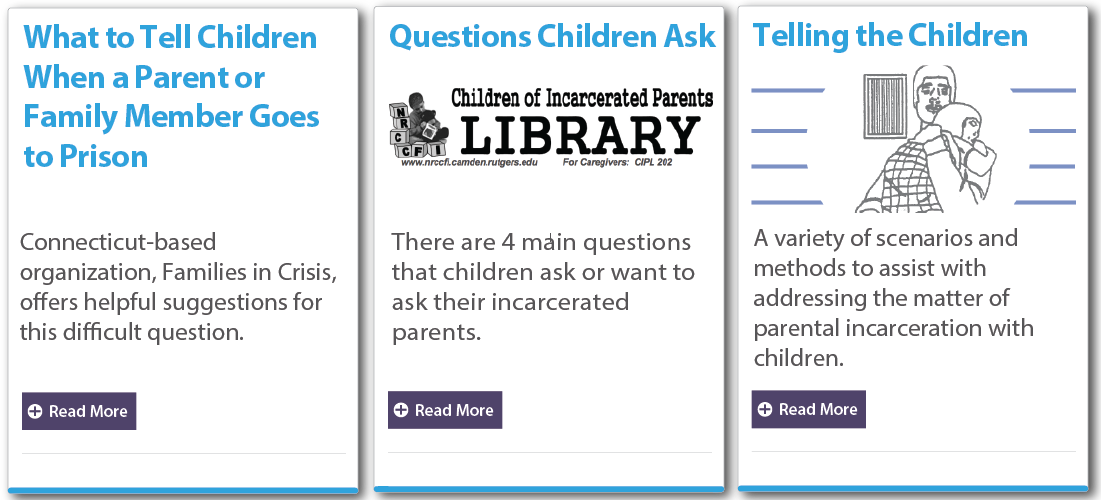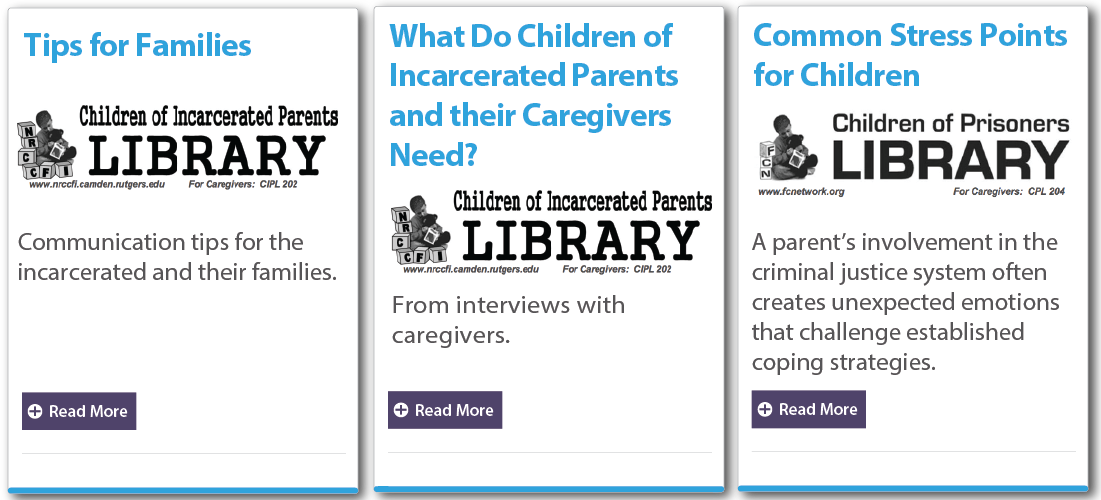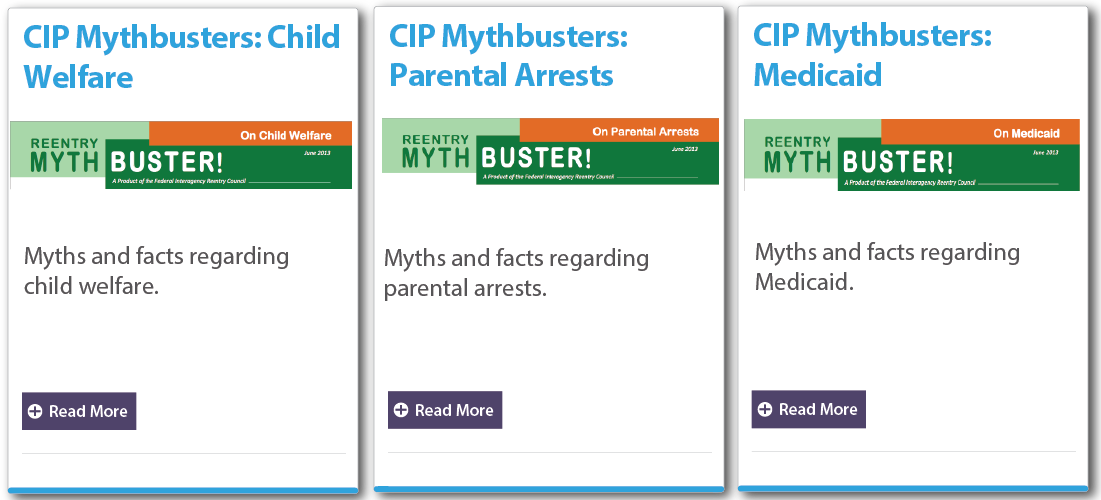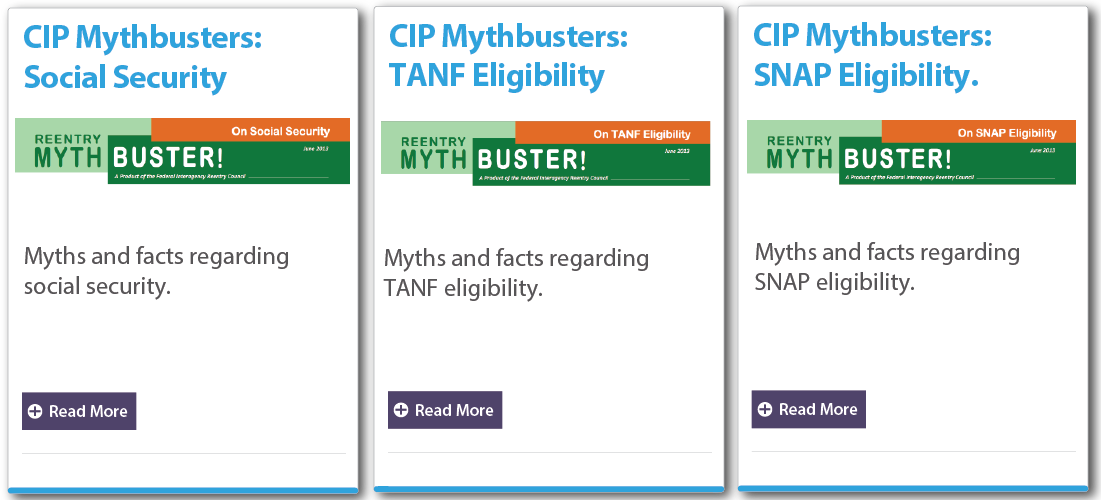
Potentially the most difficult role when a person goes to prison is that of the remaining caregiver for the incarcerated parent’s child. The care giving parent, or caregiver, is responsible for supporting the child left behind as they go through the stages of processing the separation as well as managing their own feelings on the parent’s arrest and separation. Caregivers may also be trying to support the incarcerated person during their traumatic time. The caregivers must also then tend to the basic needs of the family, potentially for the first time as the only adult. Despite the significance of these challenges, caregivers are often ignored when it comes to policy, programming, and subsidies to benefit children with an incarcerated parent. We are hoping that some caregivers’ questions may be answered through this site, and some comfort provided.
Click “Supporting the Children” or “Information about your loved one & family and friends” to find questions and answers relevant to your interest. You can also view the “Resources” section for additional information.

FAQs: Supporting the Children
This is a difficult question that many people struggle with. However, we do know that truth is important. When a child does not know where their loved one is or why their family member left, they are likely to imagine a more negative scenario than the truth. In addition, not knowing or understanding what is going on leads to anxiety. Children also need to trust the adults who take care of them. You build their trust when you tell the truth – even if it hurts. Besides, if they find out you lied about a loved one in prison, they’ll be hurt twice as hard because of the imprisonment and your deception. They could also wonder if you lie about this, what else are you not telling the truth about?
Truth is important. When a child does not know where their loved one is or why their family member left, they are likely to imagine a more negative scenario than the truth. In addition, not knowing or understanding what is going on leads to anxiety. So, what is the best thing to do? While every family must decide for themselves, here are some key things to keep in mind.
Children need to trust the adults who take care of them. You build their trust when you tell the truth – even if it hurts. Besides, if they find out you lied about a loved one in prison, they’ll be hurt twice as hard because of the imprisonment and your deception. They could also worry that if you lie about this, what else are you not telling the truth about? Children are smart. While you may believe that you can explain a loved one’s absence with a vague answer (they are in the hospital, deployed in the military or away at school) children usually find out. If children aren’t given an explanation that makes sense, they will tell themselves something to fill in the gap. That something may be worse than the truth. If you want them to come to you for information or comfort, you must demonstrate the “door is open” for honest communication. Be open and patient when they approach you and listen to how they are experiencing the separation. It is important to allow the child to ask questions, feel comfort expressing their feelings and questions about the situation, and receive age-appropriate and honest responses from a loving adult. The child will also likely need to have the same questions answered repeatedly and over time; it can bring them comfort hearing the explanation again. As they age they will process information differently and, therefore, can benefit from hearing the situation described again. For more information on the questions children have and for tips on having the conversations, review the National Resource Center for Children and Families of the Incarcerated publication “Conversations: Questions Children Ask”.
The decision of whether to bring a child to visit a loved one in prison is difficult and important. Studies show that the separation of a child from a caregiver that they are attached to can cause serious short and long-term harm to the child (for more information on potential health consequences of this separation, review these resources: Osborne Association’s fact sheet on “Parental Incarceration’s Impact on Children’s Health” and Kristin Turney’s research report on “Stress Proliferation across Generations? Examining the Relationship between Parental Incarceration and Childhood Health”). Studies also show that contact between a child and their incarcerated parent can improve the child’s psychological well-being, ease their concerns over the parent’s safety, and decrease the child’s emotional distress and problematic behaviors. For a summary of information that may be helpful in making your decision, please review Osborne Association’s fact sheet on “Parental Incarceration’s Impact on Children’s Health”. For suggestions on making the decision and how to prepare for a positive visiting experience, read this brief from the National Resource Center for Children and Families of the Incarcerated, “Visiting Mom or Dad: The Child’s Perspective”.
FAQs: Information About Your Loved One & Family and Friends
To find information on your loved one’s placement, you may search for them using DOC’s Inmate Search. Once you get to the inmate search webpage, you may search for your loved one with either their name or inmate number. Only people currently under the supervision of the Connecticut DOC will be in this database. If your loved one is under federal supervision, or community probation, they will not be listed here.
The DOC has a Family and Friends page on their website with links to information on how to set-up an account to receive phone calls from your loved one while they are in a CT correctional facility, how to add money to their commissary account so they may purchase items while incarcerated, information on child support for the incarcerated parent as well as the recipient of child support, etc. There is also a Family & Friends’ Handbook (PDF) that provides information on many topics of interest to those with a loved one in a correctional facility in CT. If you have suggestions for additional information that should be provided to loved ones of the incarcerated, or changes to the information that is being provided, please email us.
